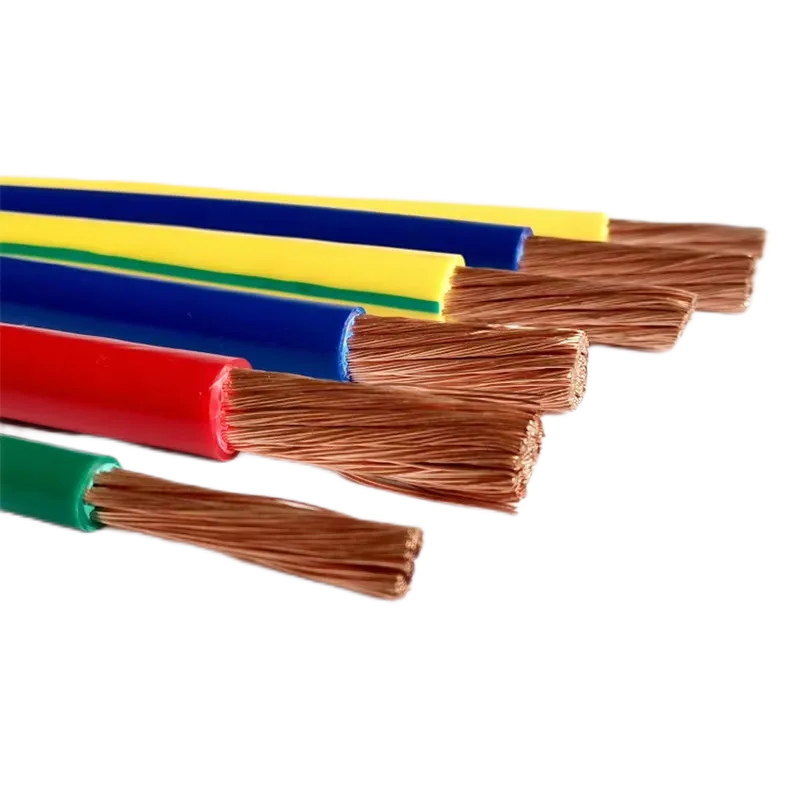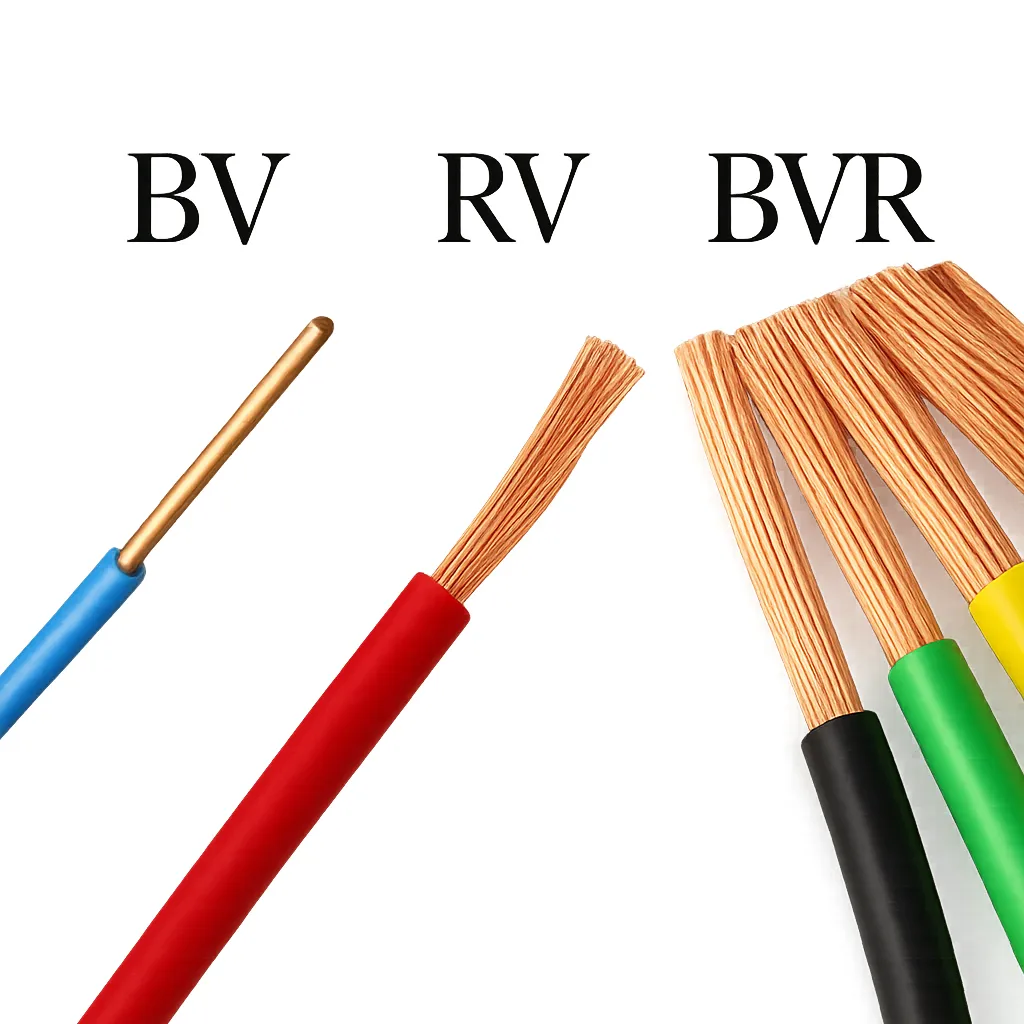Time: 2025-05-01 07:35:38 Source: Henan Province Jianyun Cable Co., Ltd.
BV, BVR, and RV cables are commonly used in residential and industrial electrical installations. Understanding their differences is crucial for selecting the appropriate cable for specific applications.

BV (Building Wire) is a single-core, solid copper conductor cable insulated with PVC. It is known for its rigidity and is typically used in fixed wiring installations, such as concealed wiring in walls.
BVR (Flexible Building Wire) consists of multiple strands of copper wire, making it more flexible than BV cable. It is suitable for applications requiring frequent bending or movement.
RV (Flexible Connection Wire) is composed of numerous fine copper strands, offering superior flexibility. It is commonly used for internal wiring of electrical equipment and appliances.
| Feature | BV Cable | BVR Cable | RV Cable |
|---|---|---|---|
| Conductor Type | Single solid copper core | Multi-stranded copper core | Multi-stranded fine copper wires |
| Flexibility | Low | Medium | High |
| Applications | Fixed wiring | Power distribution, control systems | Internal equipment wiring |
| Voltage Rating | 450/750V | 450/750V | 450/750V or 600/1000V |

When choosing between BV, BVR, and RV cables, consider the following factors:
Understanding the distinct characteristics of BV, BVR, and RV cables enables informed decision-making for electrical installations. Selecting the appropriate cable type ensures safety, efficiency, and longevity of the electrical system.